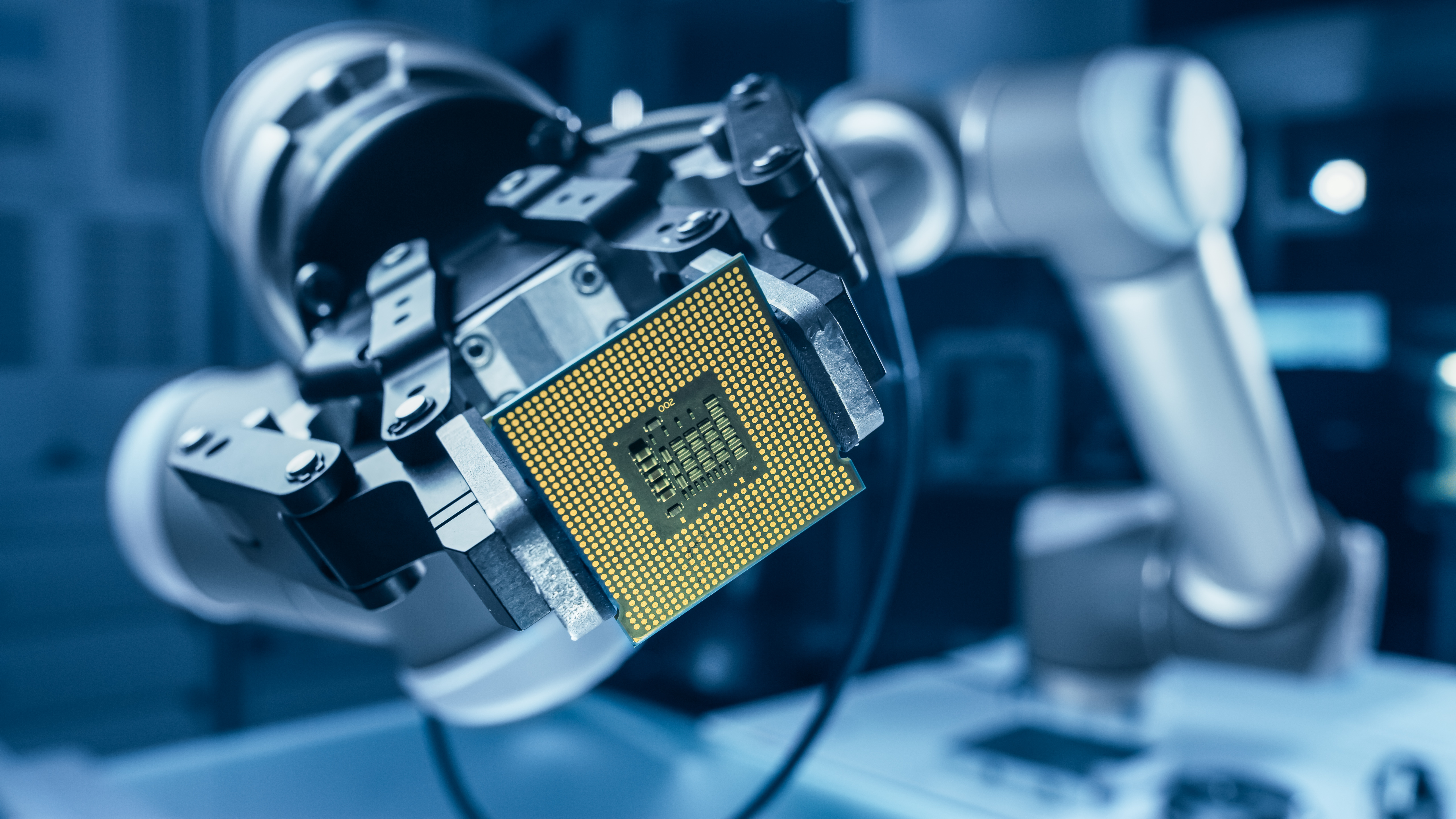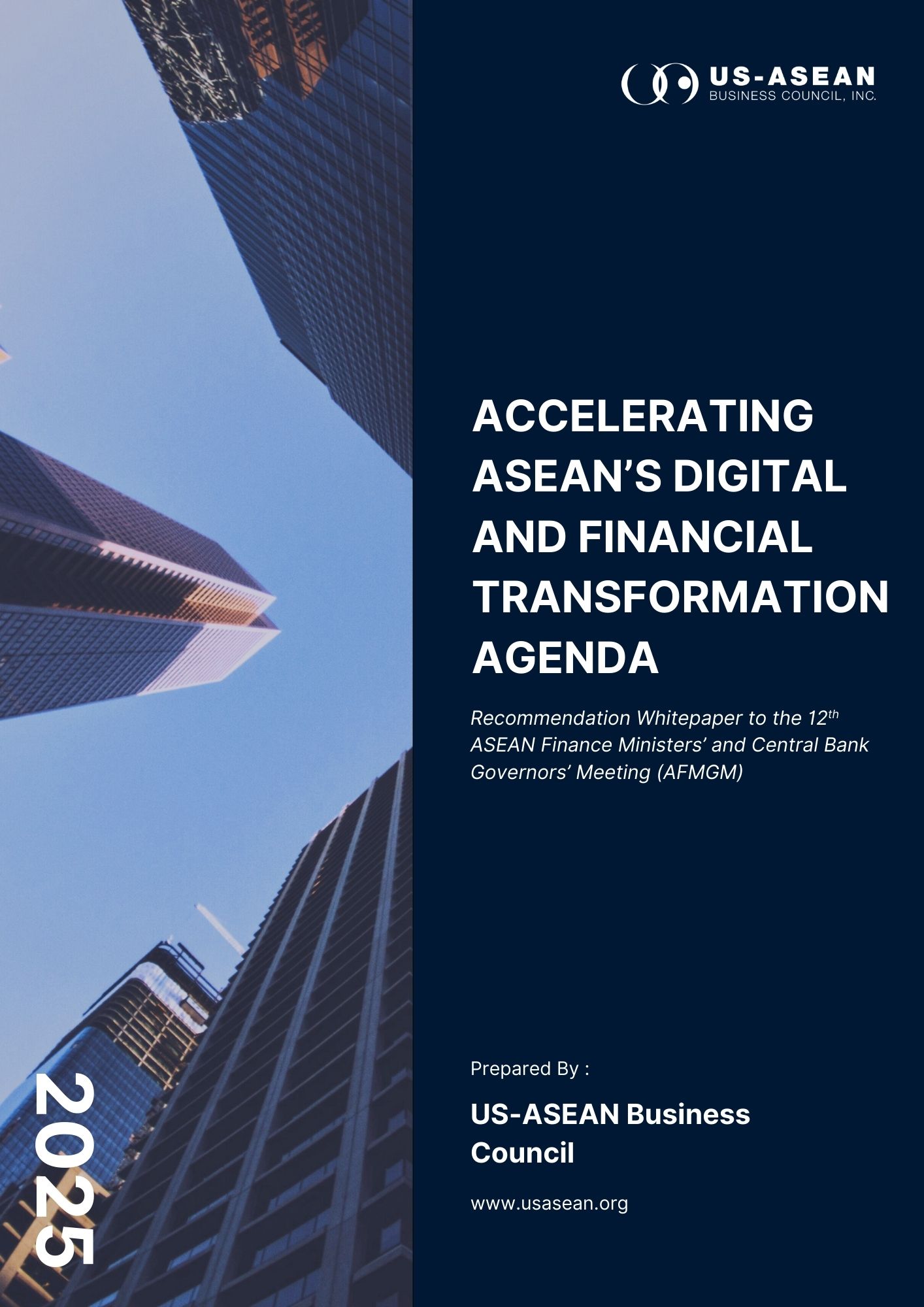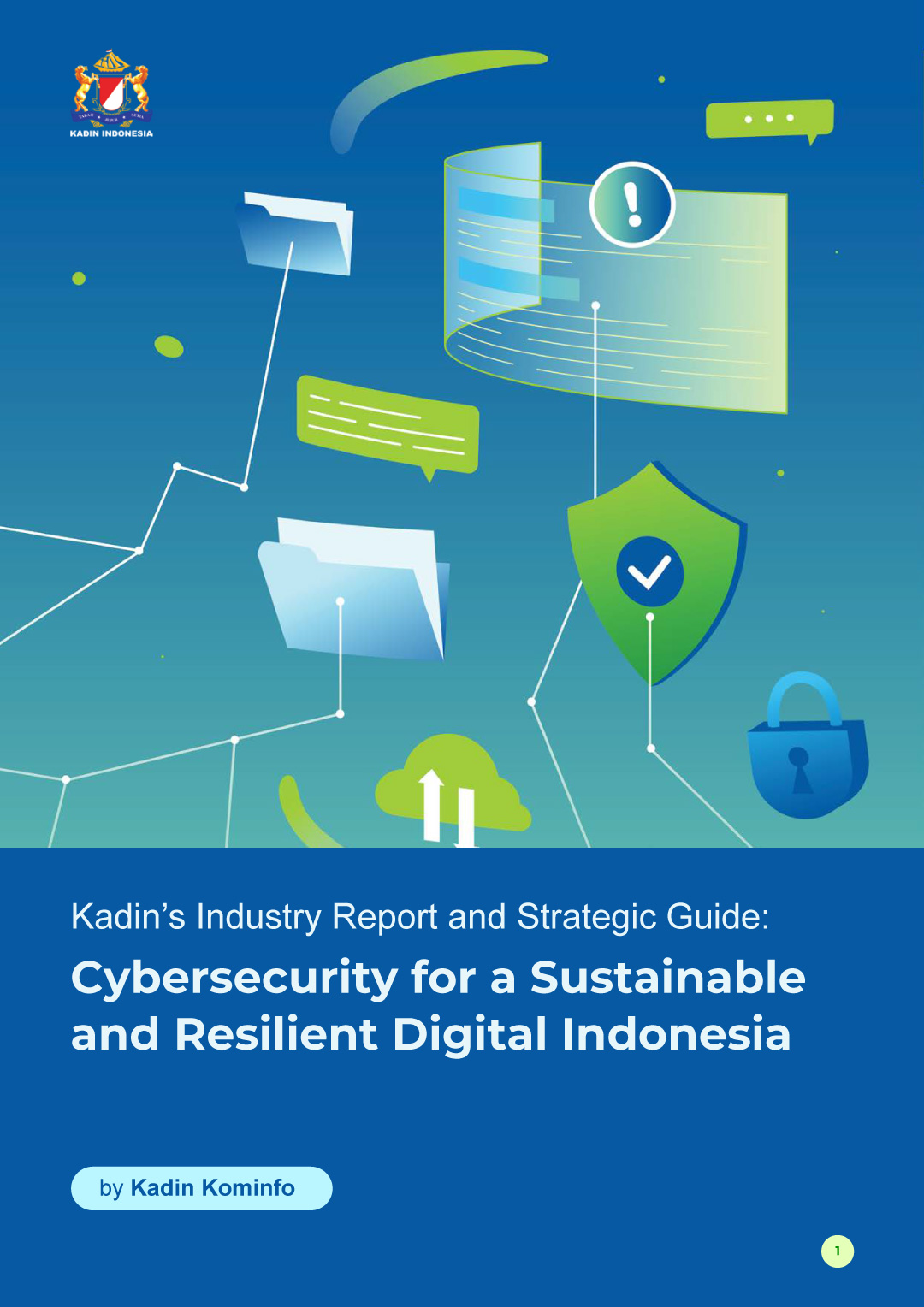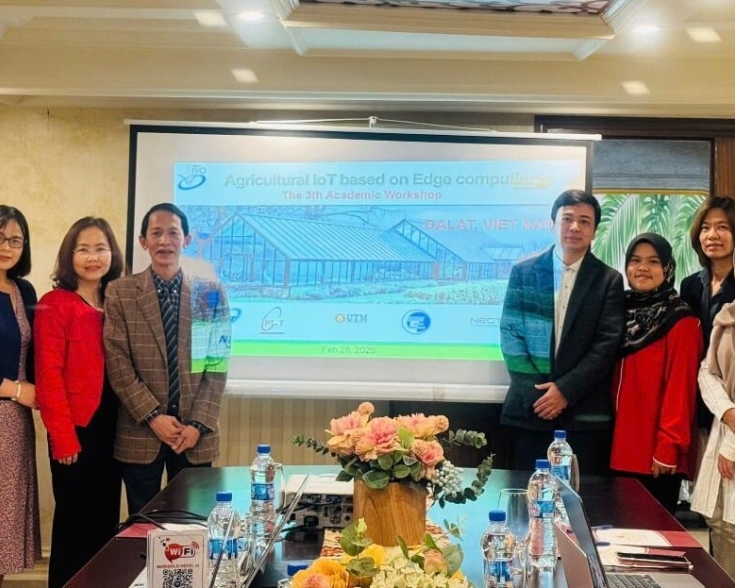US Expands Workforce Support for Philippines with Semiconductor Training and Education Aid

In late September, the US government launched a workforce development and public policy program aimed at equipping Filipinos with the skills needed to enter the semiconductor industry. The Philippines was selected along with Costa Rica, Mexico, Panama, Indonesia and Vietnam for the USD 13.8 M program to develop the semiconductor workforce. This initiative is part of the International Technology Security and Innovation (ITSI) program, a USD 500 million fund established under the CHIPS Act of 2022 to strengthen semiconductor supply chains. According to the Department of Trade and Industry (DTI), semiconductors accounted for 56.9% of the country's exports in 2023, underlining the need for a skilled workforce to sustain industry growth. With the program focusing on enhancing workforce capacity in assembly, testing, and packaging to meet the rising demand in the semiconductor industry, the DTI is hopeful that this initiative will not only expand the country’s export capacity but also attract more US investments.
Similarly, in early October, the US government provided USD 9 M in funding to help expand basic education in the Philippines, focusing on enhancing literacy and math skills among Filipinos. Since 2019, USAID has been collaborating with the Department of Education (DepEd) to enhance teacher professional development, improve access to educational resources, and strengthen the overall education system's capacity.
The increasing demand for technology has led to a shortage of skilled workers in the global semiconductor industry, creating an opportunity for the Philippines to meet this gap with its growing talent pool. The US government’s dual approach, which aims to strengthen both the workforce and the educational system, fosters long-term economic growth and sectoral sustainability.









